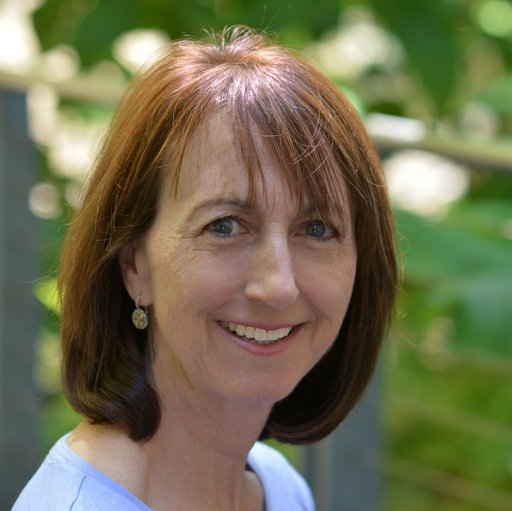Susan Bauer-Wu

About the keynote
Imagine a world where we feel genuinely connected to one another: Where we approach our differences with a sense of compassion and curiosity, instead of fear and suspicion, and where we each recognize that while we are all different, we can still see ourselves in each other. What if human minds hold the key to bringing the world together? Could mindfulness be a key in unlocking the mind’s potential to break down barriers within us and between us and with the natural world?
In this keynote presentation, we will explore these questions and how disconnection and othering are at the root of human suffering and contemporary challenges. Disconnection manifests in experiences like loneliness, depression, anxiety, and addiction. Othering surfaces interpersonally as bullying and violence and as societal problems like racism, sexism, and political polarization. And disconnection from and othering of the natural world is evidenced by mindless consumption, killing of sentient beings, and extraction of finite natural resources.
Mindfulness and contemplative wisdom are beacons to help us find our way in these challenging times. They help us to wake up and see how the inner workings of our minds influence the views, behaviors, and social systems that separate us. Mindfulness also helps us see how we are all interconnected and therein lie the solutions to living harmoniously and embracing our shared humanity.
This presentation will also touch upon some of the ways that the Mind & Life Institute is addressing these issues in its work to bridge science and contemplative wisdom to foster insight and inspire action toward flourishing.
About the speaker
Susan Bauer-Wu, PhD, RN, FAAN, is president of the Mind & Life Institute, a non-profit with global reach based in the U.S. whose mission is to bridge science and contemplative wisdom to foster insight and inspire action toward flourishing. Susan has a background as a researcher, mindfulness teacher, clinician, and meditation practitioner. Throughout her career, she has held leadership, academic, and clinical roles in health care and higher education, with a focus on mind-body science and promoting wellbeing through mindfulness and other contemplative approaches. She is the author of nearly 100 scholarly articles and chapters, and a book for the lay public, Leaves Falling Gently: Living Fully with Serious & Life-Limiting Illness through Mindfulness, Compassion & Connectedness.